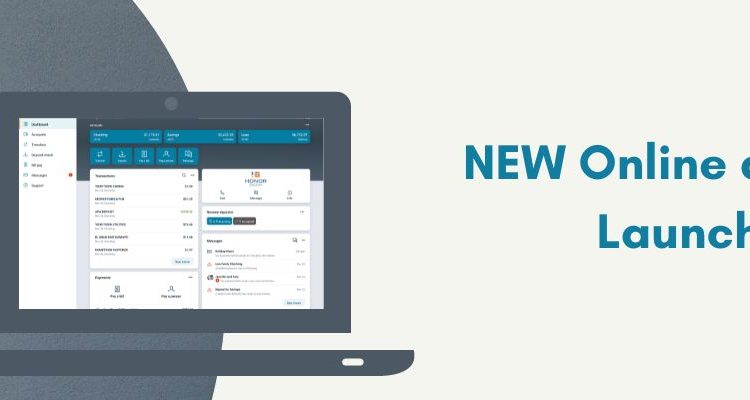Mortgage Q&A
The mortgage process can seem overwhelming. We have compiled the following information to better inform you of this process. We know that this does not cover everything. We appreciate the opportunity to serve you and invite you to ask all the questions you have. It is our objective to make this process as easy as possible for you.

- General Questions
- Questions for First-time buyers
- Questions for Repeat/Experienced Buyers
- Questions for Refinancers
General Questions
PITI is Principal, Interest, Taxes and Insurance – the components of a monthly mortgage payment.
The annual percentage rate (APR) is the effective rate of interest for a loan if the calculation is based on the original loan amount less the closing costs. This is the rate that will appear on your preliminary Truth In Lending disclosure. The APR is higher than the interest rate on your Mortgage Note and the note rate is your true interest rate.
Upon your request, a loan officer will search for the lowest rate and “lock” your rate. The “lock-in” guarantees the homebuyer a specified interest rate provided the loan closes with the buyer within a set period of time. The lock-in also specifies the number of points to be paid at closing. You and the Mortgage Lender should agree to this lock-in in writing.
The loan to value is the loan amount divided by the lessor of the sales price or the appraised value. Example: Loan amount is $80,000. The sales price is $100,000. The appraised value is $105,000. The lessor of sales price or appraised value is $100,000. $80,000/$100,000=80% LTV.
Debt-to-Income is the total amount of monthly debt, including house payment, credit cards and other loans, divided by the total gross monthly income. It is used to determine eligibility.
PMI is insurance required to cover the lender should the borrower default on the loan.
Truth In Lending’s are sent to all borrowers after loan application has been made. The Truth In Lending Act is a federal law requiring lenders to reveal all of the terms of a mortgage. The APR that appears on your Truth In Lending will be higher than the interest rate on your Real Estate Lien Note.
In theory, the APR is a way to reflect the total cost of a loan once all of the points, fees and other costs are taken into account. The lower the APR, the better the for the customer.
Jumbo loans are mortgages too big to be bought by Fannie Mae or Freddie Mac.
Questions for First-time Buyers
We all have different goals. We’ll qualify your needs, finances and requirements (income and debt) to determine what you can afford and see if it fits with your comfort level.
Probably. Every situation is different. Some of our loans require little to no money down. We’ll explore your capabilities and find a loan that works for you. A down payment is only one consideration. We’ll also need to factor in closing costs and an escrow account for taxes and insurance.
Pre-qualification is the process of determining the price at which you can purchase a home.
Pre-approval is a conditional agreement to offer a mortgage. A mortgage preapproval from Honor Bank is a great way to get prepared for purchasing a home and show sellers you’re serious about buying.
A commitment letter is given by the lender stating the terms that he/she agrees to provide a mortgage to a homebuyer. Commitment letters help you set realistic goals while you’re house-hunting, provide the same negotiating ability as a cash buyer, and enable you to move quickly once you find perfect home.
Most loan programs require a cash reserve sufficient enough to make the first mortgage payments (PITI).
Great question! It’s hard to determine until we discuss your goals.
However, there are several factors to consider:
- Length of time in the home
- Amount you can, or want, to put down
- Financing of the closing costs
- Your comfort level
Since we all have differing circumstances, we recommend that you consult your tax specialist to fuly answer this question. In most cases, you can deduct the interest you pay on the loan and some of the financing costs, like points.
We’ve made it simple to alleviate the anxiety that can come with purchasing a home. An Honor Banker will personally walk you through the process.
Questions for Repeat/Experienced Buyers
As your living arrangements change, so do your goals. We’ll revisit your goals, finances and budget to determine what you can afford.
Because you’re not using money gained from the sale of your first home, you may want to consider more money down or expect a larger monthly house payment. We’ll work to find a creative and manageable solution to help you reach your dreams.
We make this component of the process one that gives you a sense of comfort and control. You tell us what you need; we’ll look at your goals and capabilities and create a loan that works for you. If you’re working with a specific builder, a traditional mortgage will work for you. If you are the builder, you’ll need a construction loan to pay the subcontractors during the building process.
Questions for Refinancers
It’s different for everyone; we’ll help you determine if it’s the right time for you. To have an effect, you need to lower your current mortgage loan rate by at least 1 percent. Maybe it’s just a matter of changing the length of your loan or receiving cash from the equity in your house. Want to get an idea of the cost now?
Possibly; it comes back to your goals and your current financial situation. We’ll help you figure it out.
We’ll help you identify how much you need and what you can afford to use. Up to 90 percent of the appraised value of your home can be used for improvements, based on the value of the home and what you currently owe, subject to applicable laws.
Closing costs, points and processing fees can apply. You may have an option of rolling these into the loan to reduce your out of pocket expense. We’ll help you determine what solution works best for you.
Honor Bank offers HARP, a unique refinance program that enables eligible borrowers with little to no equity in their homes to take advantage of low interest rates and other refinancing benefits.

